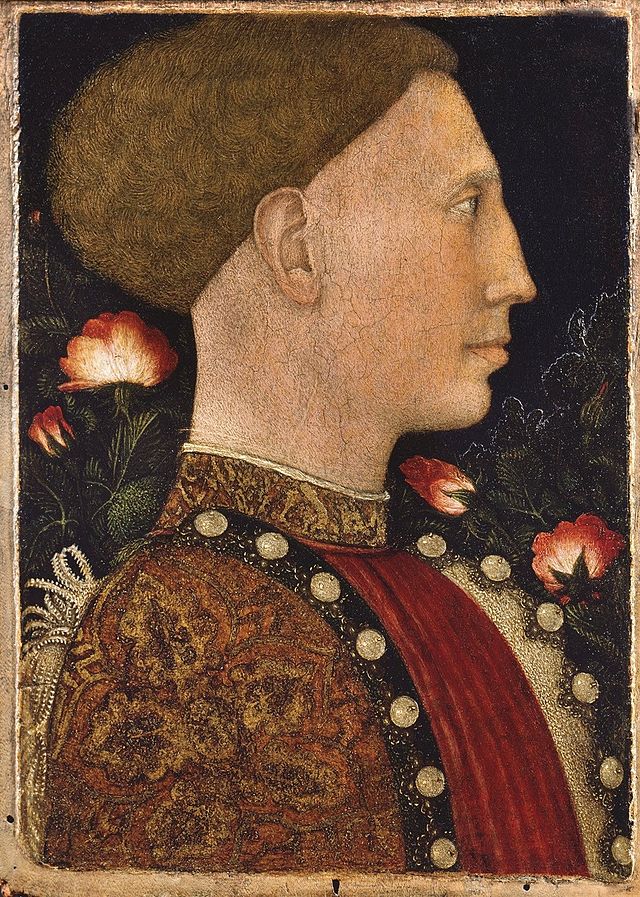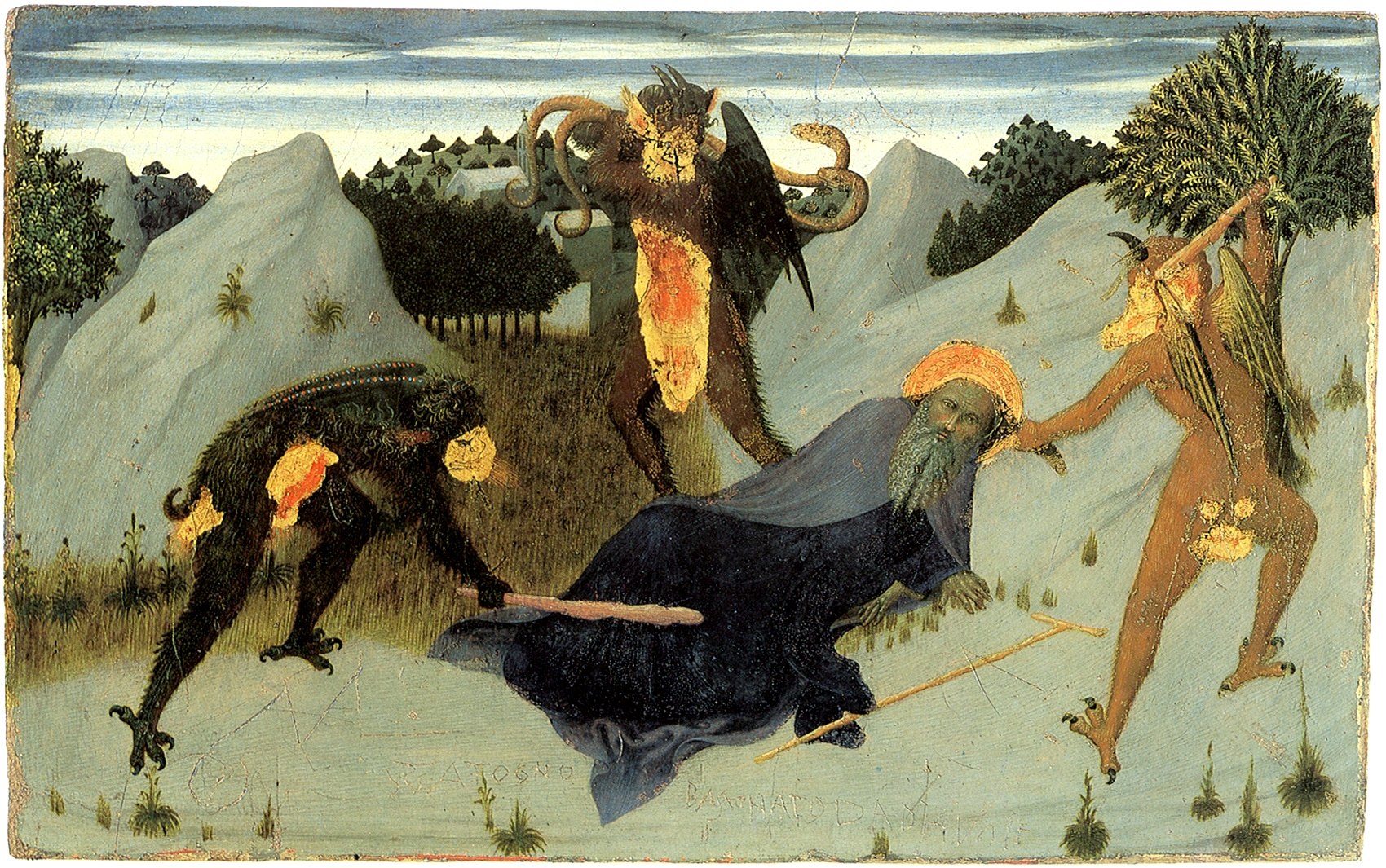
An aristocrat

An aristocrat
|
|
|
|
|
|
|
|
|
|
|
|
The DM should determine the social class of each character
he or she has in the campaign. This is accomplished by use of
the Social Class Table given below. You will note that this
table does
not include any social or political information, but that guidelines
of
this sort are included in a reference immediately following the table.
This allows the DM to model the social class distinctions to the tenor
of his or her individual milieu.
Social Class Table <I added the 3rd column>
| Dice roll | Social (/Economic Class) | Classes (Human) |
| 01-04 | Lower Lower Class (LLC) | T, A, Bar |
| 05-10 | Middle Lower Class (MLC) | F |
| 11-20 | Upper Lower Class (ULC) | D, R |
| 21-35 | Lower Middle Class (LMC) | MU, I |
| 36-55 | Middle Middle Class (MMC) | C |
| 56-87 | Upper Middle Class (UMC) | Cav*, P* |
| 88-96 | Lower Upper Class (LUC) | - |
| 97-99 | Middle Upper Class (MUC) | - |
| 00 | Upper Upper Class (UUC) | - |
| LLC | Freed slaves, peasants, tinkers, vagabonds, beggars,
criminals, low-level
thieves, low-level
and mid-level assassins
|
| MLC | Herdsmen, laborers, peddlers, actors, jugglers, men-at-arms, low-level barbarians, mid-level thieves, high-level assassins, low-level bards |
| ULC | Freemen, tradesmen, petty officers, money-changers, fences, low-level fighters, high-level thieves |
| LMC | Artisans, craftsmen, petty merchants, junior officers, bankers, landless knights, druids, rangers |
| MMC | Landed gentry, merchants, petty officials, senior officers, landless petty nobles, mid-level fighters, low-level magic-users, low-level illusionists |
| UMC | Guild masters, great merchants, military commanders, officials, landless nobles, lesser clerics, high-level fighters, mid-level magic-users, mid-level illusionists |
| LUC | Great landed gentry, generals and marshals, greater officials, knights,
mid-level clerics, cavaliers, paladins, high-level magic-users, high-level
illusionists
|
| MUC | Knights, commanders, great clerics, nobles, high-level paladins, very
high-level magic-users and illusionists
|
| UUC | Great nobles, sovereign nobility, royalty
|
For PCs, initial social status has no effect on starting
money ? equipment, with the exception of cavaliers ? paladins.
Rules for starting gold ? equipment for those classes are detailed
under the "Money" heading in the Player's Section of this book. ?>
The various occupations and status positions can be adjusted as required
by the background of each milieu. The positioning of non-humans is
entirely dependent upon the individual milieu. As a general
rule, a human society would probably consider the non-humans as:
Dwarves -- MMC (they are reputed to have gold and
gems!)
Elves -- ULC (wood elves) to LUC (gray elves)
Halflings -- ULC (they are small ? rustic)
Half-elves -- Slightly above a human counterpart
Half-orcs -- LLC
Social Class ? Profession: As a general rule, any character must
have a social status of, at the lowest, one rank below that specified
for
his or her profession in the milieu. For instance, using the system
outlined
above, a character embarking on a career as a fighter must have a social
standing of no lower than Middle Lower Class, and conversely
a character with a standing lower than that cannot hope to
make his or her way in the fighter profession. At the lowest extreme,
this means that a character born to the Lower Lower Class can be
only a thief or assassin or barbarian. ?>
Class criticisms
-
Dear Editor:
I feel that Mr. Gygax's article on social status
was long overdue. It is highly useful in
creating a more logical and true-to-life campaign.
However, I disagree on one point. Saying
that a character born to the Lower lower
class can only be a thief or assassin isn't very
realistic. Of course, they couldn't be a paladin,
and they would have a lower starting money
chance. But they could be pretty much anything
they wanted. However, this is a small
oversight in such a useful article.
Esa Clubb
Austin, Tex.
(Dragon #73)
Dear Editor:
After reading the article on social status by
Gary Gygax (issue #70), I?ve come to the
conclusion
that it is overall a good idea, but it
needs a little work. The main change I think it
needs is the rule that says "any character must
have, at the least, a social status of but one
rank below that of his or her profession."
This is totally absurd. Tell me that a lawful
good fighter, son of a freed slave or peasant
(LLC), cannot ever become a paladin.
Throughout history, whatever prevented the
sons and daughters of proud generals and
nobles from becoming some of the most
infamous of thieves and assassins?
I feel the Social Class Table die roll should
be used to determine the class that the character
was born into. This will have a great deal
of bearing on that character's history (which
each player, according to the DMG, should <where?>
<backstory (unofficial)>
create). A high-level fighter lord, Master of the
Keep, will probably be more inclined to treat
the peasants who work his land better if he
was, in years long past, a peasant himself. Or,
it might make him treat them all the worse!
If the social class rolled up during character
creation is the one the character occupies at
present, then why, for example, would a lawful
evil cleric, son of a great noble (UUC) and
advisor to the king himself, be hanging around
with a low-life half-orc thief and a couple of
battle-scarred dwarven fighters? Never happen.
Assume, however, that the same evil cleric's
father was forced to flee the kingdom with his
newborn son, or die, for plotting to overthrow
the king. He finally puts down roots in some
obscure part of the world, hoping to elude his
pursuers, and now makes a living as a moneychanger
in a small town. His son grows up
and eventually joins the priestly order of his
choice. If he knows about his father's past (in
which case he also knows that "noble blood"
flows through his veins), he might not want to
advertise the fact!
Frank Mentzer says, in his article, that "if
the limitations on professions . . . start messing
up your campaign, you should make exceptions.
. . ." Agreed. So why bother making
such limitations in the first place?
J. M. Dombierer
U. S. Navy
(Dragon #73)
Richard wrote:
Gary, in your Unearthed
Arcana book for ADandD 1st edition, it is printed that social-class status
and PC adventurer-class can be adjusted to be in accord with the background
of the campaign-mileux. For ADandD 1st edition, what background history
of what campaign mileu allows magic spellcasting PCs and|or NPCs to be
lower-lower-class, middle-lower-class, or upper-lower-class?

Heh...
Who cares? ![]()
Okay, seriously, have a look at the Living Fantasy reference book from Troll Lord Games for a thorough discussion of Socio-Economic Classes in the fantasy milieu;)
Cheers,
Gary
Richard wrote:
Thanks for your effort to
answer, Gary. Is that Troll Lord Games Living Fantasy book compatible with
your 1st edition ADandD role-playing game?

Welcome.
The whole line of Gygaxian Fantasy world reference books are generic and usable for any fantasy RPG or for writing adventures or fiction.
Cheers,
Gary

St. Anthony (patron Saint of those who live in poverty, et al.)